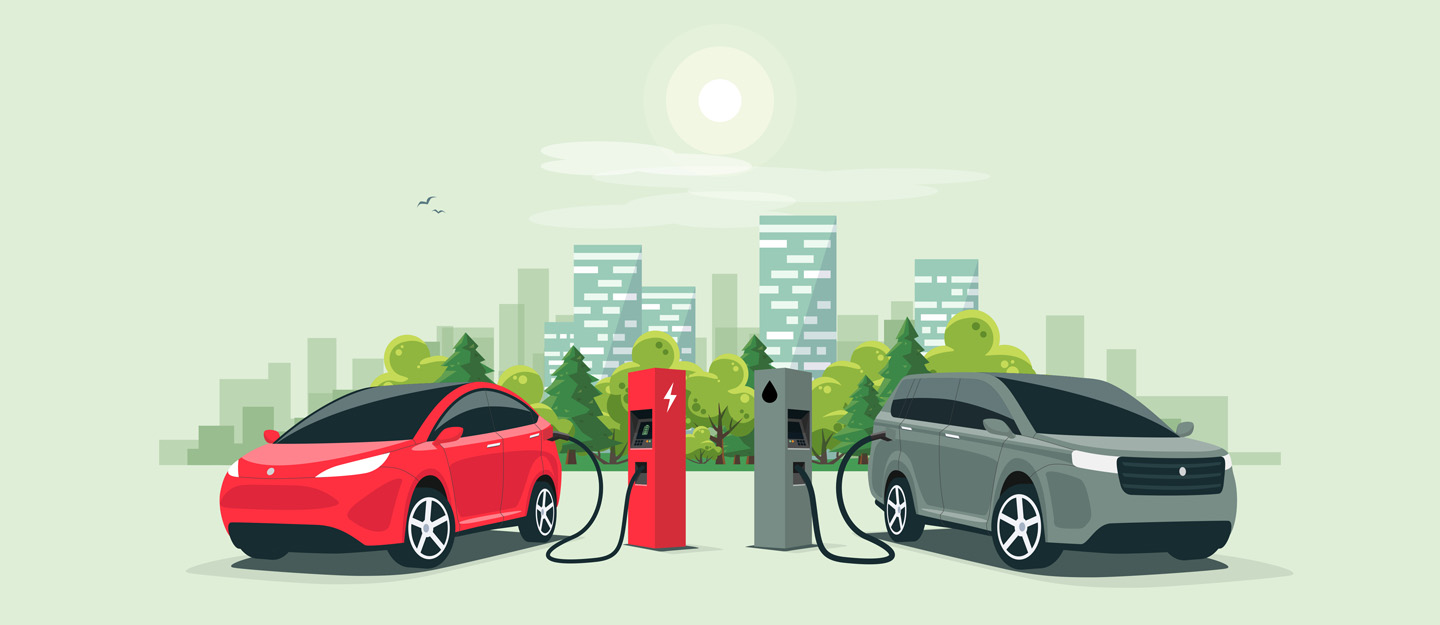Introduction Petrol vehicles have dominated the automotive industry for over a century. Known for their powerful engines, long-range capabilities, and thrilling driving experience, they have been the go-to choice for millions of drivers worldwide. However, with the rapid rise of electric and hybrid alternatives, many question whether petrol vehicles still have a place in the future of transportation. Will petrol cars continue to evolve, or are they on the path to extinction?
1. The Legacy of Petrol Vehicles
Petrol-powered vehicles have shaped the automotive industry for decades, bringing innovation, speed, and engineering excellence. They offer key advantages, such as:
- Instant Refueling: Unlike electric vehicles, petrol cars can be refueled within minutes, making long-distance travel convenient.
- Higher Power and Performance: Many sports cars and luxury brands rely on petrol engines for their high-speed performance.
- Global Availability: Petrol stations are widespread, making accessibility a non-issue.
2. Advancements in Petrol Engine Technology
Automakers are continuously innovating petrol engines to make them more fuel-efficient and environmentally friendly. Some of the latest advancements include:
- Turbocharged Engines: Enhancing power while reducing fuel consumption.
- Direct Fuel Injection: Improves efficiency and reduces emissions.
- Mild Hybrid Systems: Combining petrol engines with small electric motors for better mileage.
3. Challenges Faced by Petrol Vehicles
Despite their advantages, petrol vehicles face several challenges that threaten their future:
- Environmental Concerns: Petrol engines contribute significantly to carbon emissions, leading to climate change and air pollution.
- Rising Fuel Costs: The cost of petrol fluctuates due to global demand and economic factors, making it less predictable.
- Government Regulations: Many countries are implementing stricter emission norms and promoting electric vehicles to combat pollution.
4. The Competition: Electric and Hybrid Vehicles
With advancements in EV technology, petrol vehicles are facing tough competition. Key differences include:
Electric Vehicles (EVs):
✅ Zero emissions and eco-friendly. ✅ Lower running costs due to electricity being cheaper than petrol. ✅ Advanced technology with AI-driven features. ❌ Limited charging infrastructure and longer refueling times.
Hybrid Vehicles:
✅ Uses both petrol and electric power for better efficiency. ✅ Lower emissions than traditional petrol cars. ✅ Ideal transition vehicle between petrol and EVs. ❌ Still dependent on petrol, making them less sustainable in the long run.
5. Will Petrol Vehicles Be Banned?
Many governments have announced plans to phase out petrol vehicles over the next few decades. Countries like the UK, France, and Germany aim to ban new petrol car sales by 2035, while others push for stricter emission standards. However, existing petrol vehicles will still be on the road for years to come, and synthetic fuels may offer a sustainable alternative.
6. The Future of Petrol Vehicles: A Balanced Approach
While EV adoption is growing, petrol vehicles are unlikely to disappear overnight. Automakers are focusing on making petrol engines cleaner and more efficient. Some possible future developments include:
- Synthetic Fuels: Renewable alternatives that can power traditional combustion engines with fewer emissions.
- Hydrogen Combustion Engines: A potential solution combining petrol performance with eco-friendly attributes.
- Hybrid Petrol Innovations: More advanced hybrid models that offer improved efficiency without sacrificing power.
7. Conclusion: Is Petrol Still a Viable Option?
Petrol vehicles are at a crossroads. While electric and hybrid alternatives gain traction, petrol cars still offer unique advantages in terms of range, power, and convenience. However, stricter regulations and environmental concerns will drive innovation in cleaner fuel solutions and hybrid technologies. Whether petrol vehicles will evolve or face extinction remains to be seen, but one thing is certain—the automotive industry is undergoing a transformation.
🚗 What’s your take on the future of petrol vehicles? Will they survive or fade away? Share your thoughts below!

